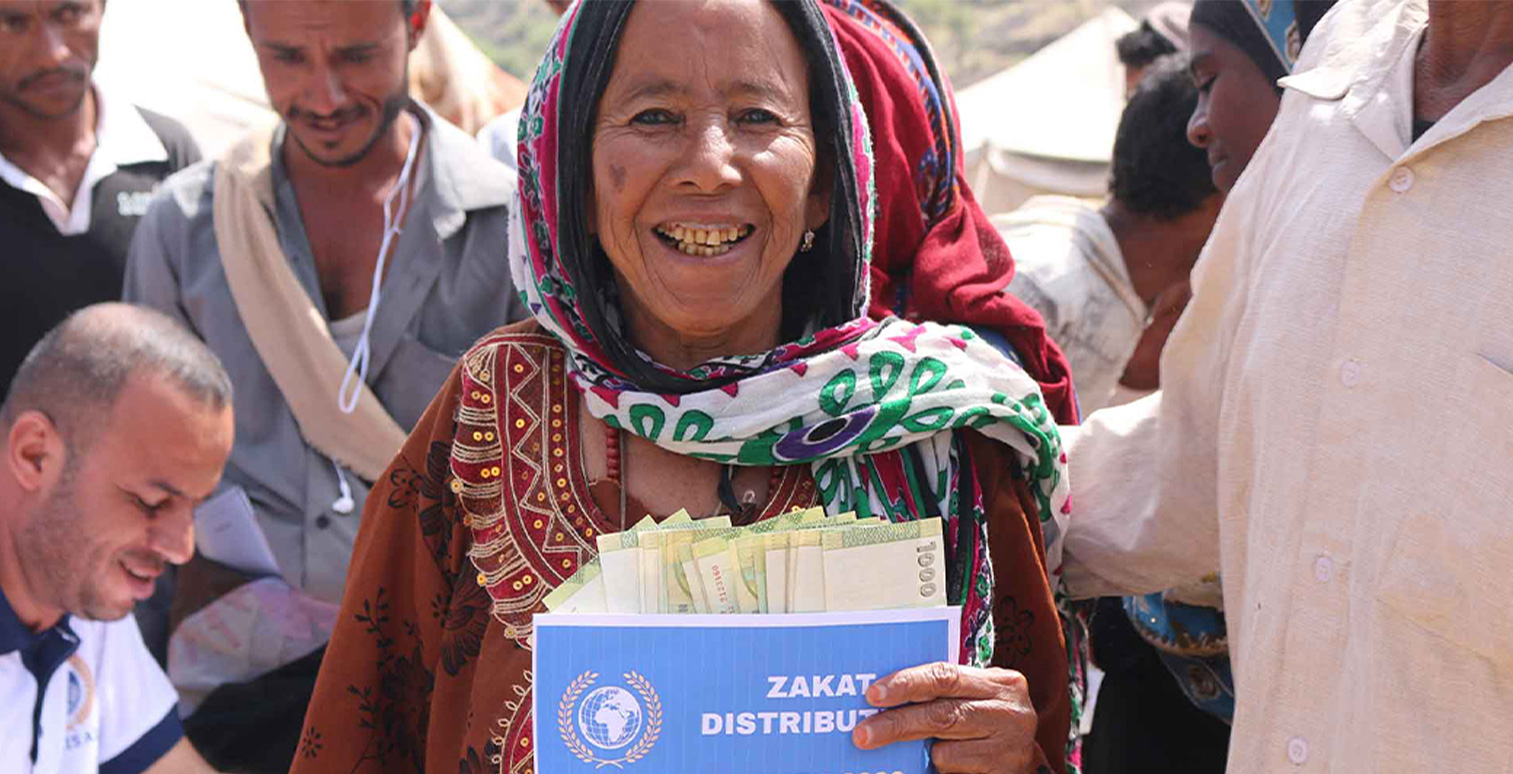Maximise Your Zakat Impact with Crisis Aid During Ramadan

In the spirit of Ramadan, the essence of giving and empathy takes a forefront in the hearts of the Muslim community. Crisis Aid invites you to channel your Zakat contributions to make a significant difference in the lives of those in dire need. The sacred act of Zakat is not merely a financial obligation for Muslims but a powerful tool for social justice and community support. With meticulous care, we must ensure that our Zakat reaches those truly in need, adhering strictly to Islamic guidelines and principles.
Understanding Zakat Eligibility
Zakat, a pillar of Islam, demands thoughtful consideration in its distribution. It is imperative to recognise that Zakat contributions are not universally applicable to all. For instance, a husband cannot allocate his Zakat to his wife, as he bears the primary responsibility for her welfare, akin to his obligations towards his children. Conversely, a wife may contribute her Zakat to her husband, provided he meets the necessary criteria, ensuring that her contribution does not indirectly benefit herself, such as through the husband purchasing gifts for her with the Zakat funds.
Identifying the Deserving Recipients
The scope of Zakat beneficiaries extends to those living in poverty or facing severe hardship. This encompasses individuals without the means to secure a stable life, unable to feed themselves or their families, afford medical care, or contribute positively to society. The spectrum of eligibility includes, but is not limited to, homeless individuals in your locality, children from families eligible for financial assistance at school, and orphans in distant lands.
Moreover, Zakat serves as a beacon of hope for individuals undergoing difficulties, not necessarily financial. Consider individuals displaced by conflict or natural calamities, or a parent incapacitated by illness, unable to care for their children. Despite having savings, these individuals may still find themselves in dire need of assistance.
Supporting Zakat Administrators
Individuals and entities dedicated to the administration of Zakat funds, including charitable organisations, mosques, and other institutions, also qualify as beneficiaries. This ensures that those diligently working to distribute Zakat efficiently are supported, albeit with the caution that only reasonable amounts are utilised for administrative purposes to prevent misuse.
Embracing New Muslims and Fostering Community Bonds
Remarkably, Zakat extends its support to new Muslims and individuals within the broader community, reinforcing the Islamic ethos of inclusivity and social justice. This approach not only integrates new Muslims into the fold but also fortifies relationships and mutual respect between Muslims and the wider community.
Liberating the Oppressed
In an era where human trafficking remains a grim reality, Zakat can be a lifeline for individuals trapped in modern-day slavery, offering them a chance at freedom and dignity.
Debt Relief
The burden of overwhelming debt can cripple families and individuals. Through Zakat, there exists a pathway to alleviating this burden, offering a fresh start to those encumbered by financial obligations.
Advancing Islamic Education and Dawah
Investing in the propagation of Islamic teachings and values is a core component of Zakat. Funding initiatives aimed at Islamic education, dawah activities, media, institutes, and supporting scholars and educators falls within the ambit of Zakat, fostering an environment rich in knowledge and spiritual growth.
Aiding the Stranded and Travellers
Lastly, Zakat embodies the principle of universal brotherhood, extending aid to travellers and refugees stranded or in distress, irrespective of their location or circumstances. This provision underscores the compassion and solidarity that Islam advocates for all humanity.
Crisis Aid urges you to exercise diligence and compassion in your Zakat contributions this Ramadan. By understanding the diverse categories of eligible recipients and the profound impact your Zakat can have, you are empowered to make informed decisions that resonate with the core values of Islam. Let us come together to support those in need, strengthen our community bonds, and uphold the sanctity of this blessed month through our acts of generosity. Your Zakat, channelled through Crisis Aid, promises not just to meet the immediate needs of the less fortunate but to pave the way for a brighter, more hopeful future for all.
Join us in making a difference this Ramadan. Your contribution, however big or small, can change lives. Together, we can embody the true spirit of giving and compassion that Zakat represents.